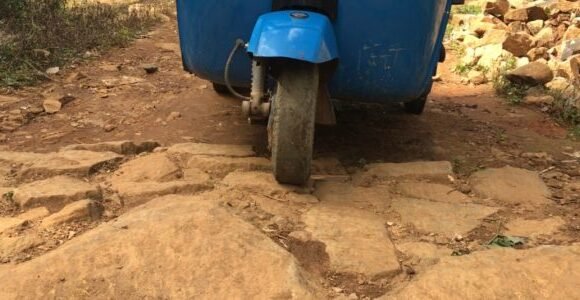Kamal Siriwardene

The Constitution of Sri Lanka grants protections and rights to its citizens, yet we, as a nation, still face the tragedy of these rights not being enforced for certain communities living within our society. While there should be a pause in the various forms of violence and humiliating treatment directed toward these communities, unfortunately, this has not been the case. The social insensitivity towards understanding the biochemical processes within the human body, and our failure to comprehend these scientifically, reflects a deeply rooted and impoverished mentality within our society. This is a situation that needs to be overcome.
At present, there has been considerable progress on a global scale regarding the social status of the LGBTIQ+ community. Many countries have taken significant measures to improve their rights and privileges, which is an encouraging development. Across the world, diverse social norms exist regarding the treatment of individuals in the LGBTIQ+ community, and many Western countries have taken steps to amend policies and laws to address and change the challenging situations faced by this community. Due to these efforts, countries like India and Nepal have also taken active steps to reverse the marginalization of this community caused by colonial-era legal directives.
Nepal stands out as a country that made a highly constructive move by becoming the first South Asian nation to legalize same-sex marriage, marking a historic milestone. Such significant events within the region concerning the rights of the LGBTIQ+ community provide us with some insight into how we, too, must advance in protecting their civil and political rights.
Despite facing significant mental distress from a young age due to societal prejudices, Nimal, who was born male, eventually affirmed her social identity as Nithya and, in many ways, achieved a personal victory. However, it is clear that she still faces numerous challenges ahead.
Sexuality is an intensely private matter for any individual, and not just in Sri Lanka but in many countries around the world, accurate data on the LGBTQ+ community is difficult to obtain. However, a global survey conducted by the international research organization Sachidi in 2021 indicated that approximately 8% of a country’s population identifies as gay, bisexual, or pansexual. The survey further revealed that about 80% of the world’s population identifies as heterosexual, while the remaining 12% did not report their sexual orientation.
(https://worldpopulationreview.com/country-rankings/lgbtq-population-by-country)
In Sri Lanka, organizations such as Equal Ground and Bridge to Equality play significant roles in advocating for the rights of the LGBTIQ+ community. Bridge to Equality has made notable contributions by publishing reports and media guidelines to protect this community’s rights. According to a report released by Bridge to Equality, between August 2021 and March 2023, there were 235 reported incidents of human rights violations against LGBTIQ+ individuals, with the majority of perpetrators being law enforcement officials and public servants providing services to the public.

Furthermore, a groundbreaking scientific study on the civil and political rights of the LGBTIQ+ community in Sri Lanka was conducted by the Sociologists’ Association, supported by Équité Sri Lanka. The study shed light on many crucial aspects of this community’s situation in the country. It revealed that, similar to global trends and driven by social media activism, the instances of persecution faced by LGBTIQ+ individuals in Sri Lanka due to their gender identity or sexual orientation have somewhat decreased. However, since this finding pertains to a small sample, it may not fully reflect the reality.
Nevertheless, it is apparent that the time has come for Sri Lanka’s traditional values and beliefs to evolve alongside global trends. The current generation is realizing that the country needs to approach the LGBTIQ+ community with more openness and understanding. It is essential that society recognizes that every individual has the right to determine their sexual orientation or social identity according to their preferences, and that no one should face discrimination for doing so.








